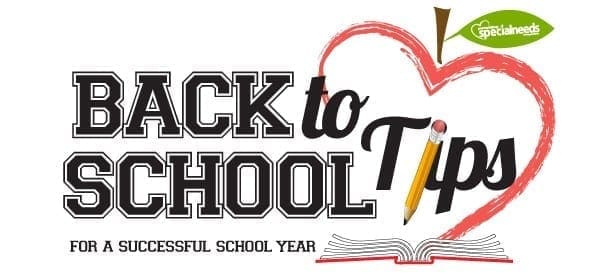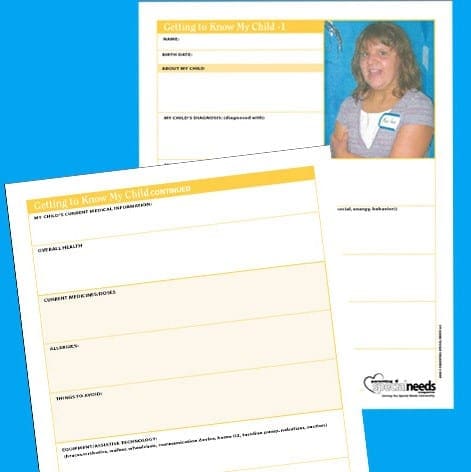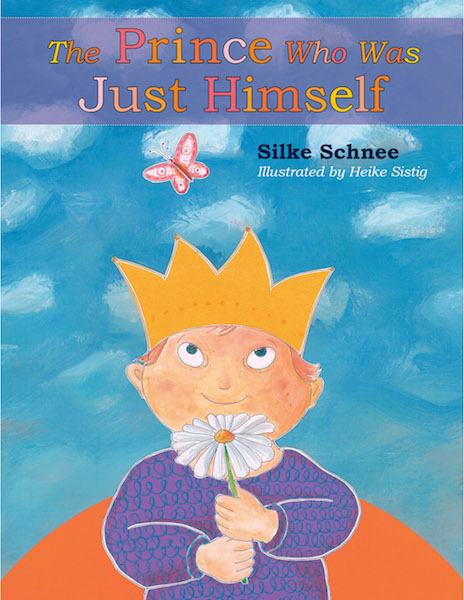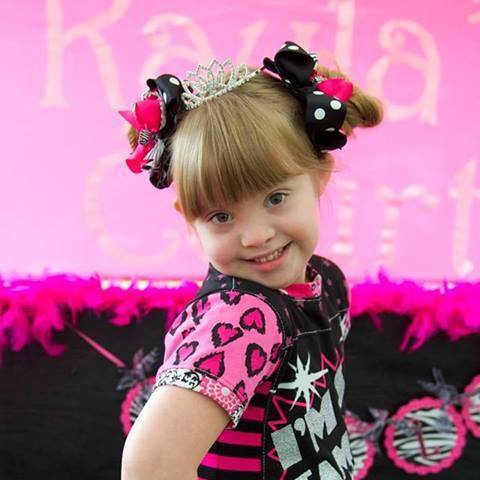I had posted this link a while ago, as they have been posting everyday, a new 'tip' but I really like this idea. Many of us, are getting back into the swing of school, and needing to update information for the new EA's and Teachers who will be working with our sons & daughters. This is a great tip, that can offer information, that will stay with the child/youth, throughtout the year, allowing any new Teachers or substitutes a great resource to 'know' our kids. Link to the form at the bottom of the article.
________________________________________________
A Teacher’s Cheat Sheet about My Child {Tip18-31}

Helping teachers help your child
A two-sided page can give educators and therapists a quick reference to understand your child’s disability and behavior.
During a summer school orientation meeting, I was attending with my child, and meeting her teacher for the first time. I quickly tried to explain to her (in the 10 minutes I was allotted) the specifics and concerns about my child. As I left the class, I thought to myself: “how much will the teacher retain of what was said to her about her new students?”
“How much will the teacher retain of what was said to her about her new students?”
As I was contemplating this, I remembered the many other times it would have been helpful for her teachers and aides to know about my child. Like when her art teacher called to tell me my child was misbehaving in class. In reality, my child was trying to prove to the teacher with “her skills” that she could help, and was trying hard to please her. Once I explained that my daughter was trying to show her independence, and help the teacher clean up (only a bit too early), the teacher was able to redirect her efforts at the appropriate time. By giving my daughter specific responsibilities, it made her feel included and responsible. It was a quick fix once the understanding was in place. Another instance that comes to mind is when a chorus teacher put her on the second tier of a stage, not taking into consideration that my child “rocks” from side to side when she is excited. My daughter lost her balance, fell from the tier, and got a black eye.
Quick reference guide a “Cheat Sheet”
There have been many other instances like this during our my daughter’s education. I thought there had to be a better way. I wanted a quick reference guide (a cheat sheet, if you will) about my child. A simple, easy to read an informative document that would help everyone who works with her better understand her.
I created a “Getting to Know My Child” form. At the start of school I filled out the form, attached a current photo of my child, made copies and placed them in envelopes addressed to those I thought it could benefit. I provided them to the Principal, Assistant Principal, Aide, Art teacher, chorus teacher and P.E. Coach. I took it one step farther and attached a copy of my child’s syndrome and her summer school evaluation for her regular teacher. Her school O.T., P.T. and Speech therapists also received a copy of her most recent evaluations from those services she receives outside of school.
I created a “Getting to Know My Child” form. At the start of school I filled out the form, attached a current photo of my child, made copies and placed them in envelopes addressed to those I thought it could benefit. I provided them to the Principal, Assistant Principal, Aide, Art teacher, chorus teacher and P.E. Coach. I took it one step farther and attached a copy of my child’s syndrome and her summer school evaluation for her regular teacher. Her school O.T., P.T. and Speech therapists also received a copy of her most recent evaluations from those services she receives outside of school.
So far, I have received very positive feedback on the “Getting to Know My Child” form. All of her teachers thanked me and said it was very helpful. The Assistant principal mentioned that she learned things she did not know about my child and said she wished she had one of these forms for ALL of her students.
In keeping with the theme of this Magazine, I am sharing the form that I have created with you. I hope this form helps you, your children, and everyone they work with. You may download the form by clicking on the link.
Getting to Know My Child Form: A simple, clean, easy to read sheet that provides specific information for those working with our children.
______________________________________________
Here's the link to the form: you can print off and add all the important information about your son or daughter, to make sure, everyone can recognize signs, know what they like, triggers to behaviours...etc...


















